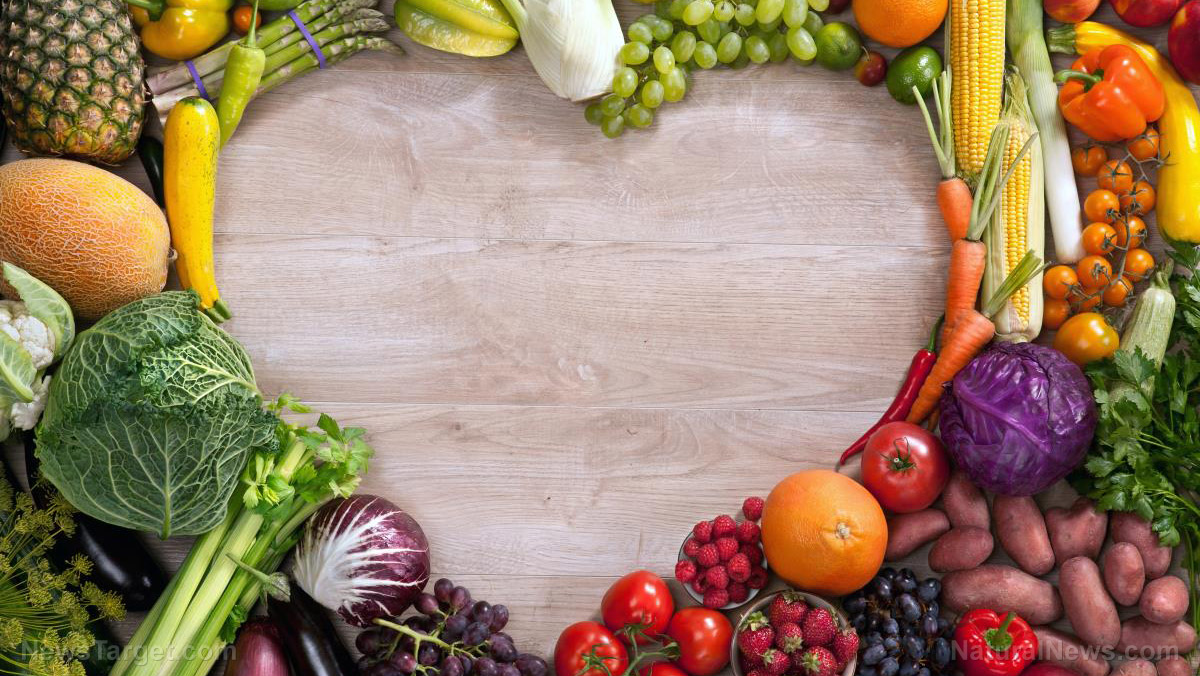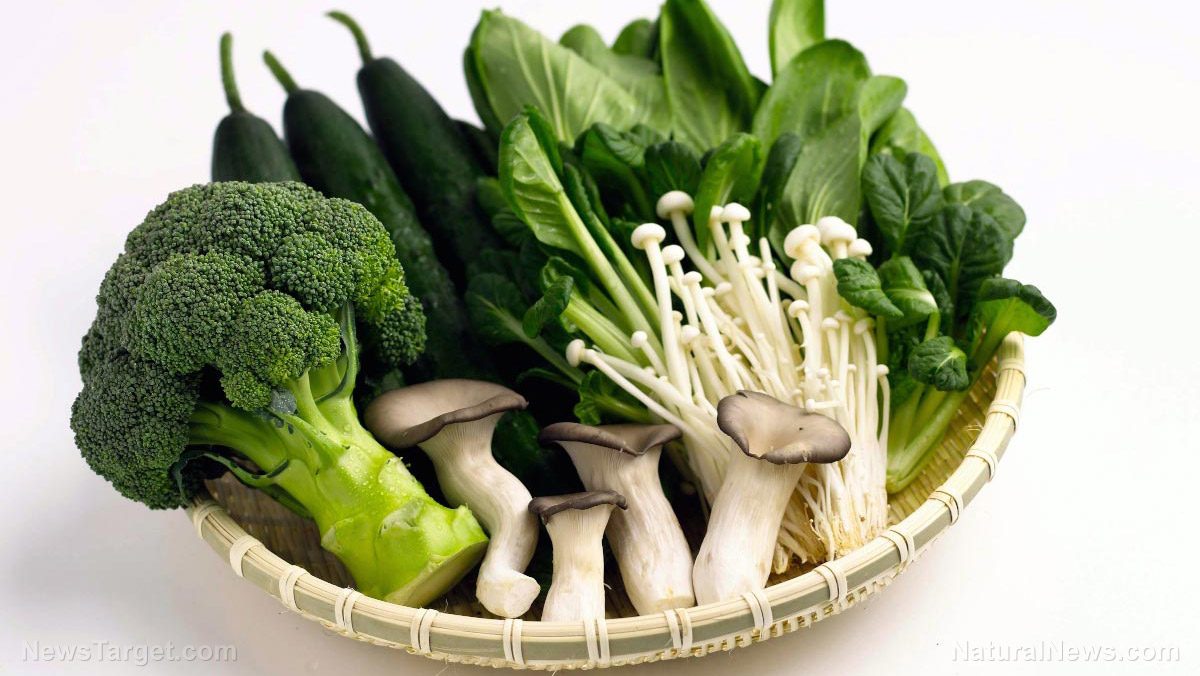Sour-lemon face: Why does your face wrinkle up when you eat lemons and other sour foods?
04/07/2020 / By Evangelyn Rodriguez

Lemons are some of the healthiest and most useful fruits on the planet. They are excellent sources of vitamin C and can be used for a variety of things, such as flavoring foods, cleaning surfaces and utensils, removing foul odors and even making medicine.
But despite being fragrant, nutritious and great additions to recipes, lemons make people pucker up their faces and cringe like no other sour fruit on Earth. So why do they elicit such a strong response? Here’s what science has to say about this phenomenon.
Your facial expression when eating a lemon may be a product of evolution
Lemons are notoriously sour, and sour things naturally make people scrunch up their faces. While this sounds like a simple explanation, scientists say there’s thousands of years’ worth of evolution behind it. (Related: Benefits of consuming whole, fresh lemons.)
“That wrinkling up of the face is some kind of a rejection response, or a signaling response to ourselves and others,” said Paul Breslin, a professor at Rutgers University in New Jersey and a sensory biologist at the Monell Chemical Senses Center in Pennsylvania.
According to one theory, the involuntary movement of facial muscles that serves as a physical representation of this rejection response is due to a natural instinct to avoid things that could be dangerous. While not all sour things pose a threat to human health, sourness is a common cue.
Take spoiled milk, for example. Milk that’s gone bad has an unpleasant, sour smell and acidic taste. Today, people know instinctively not to eat something that smells sour — especially if it’s not supposed to be — because their brains associate the smell with getting sick.
And when people get a whiff of a sour smell or taste something sour, their bodies involuntarily respond to the cue with aversion. This aversion is manifested through the puckering up of the face, which serves as a warning to themselves and to others that the source of the sour smell or taste is potentially dangerous.
The innate aversion to sourness may have developed in early humans as part of their survival instinct. It’s possible that they’d learned this while adapting to certain environments, and this learned aversion may have helped them avoid poisonous foods. This instinct was then passed on to modern humans, and may also be the reason why children are born with a distaste for foods that taste or smell sour.
How the brain responds to sourness
The sour taste people associate with lemons and that makes their faces scrunch up has a direct relationship with acidity. It is detected by little bumps on the human tongue called taste buds, which have anywhere between 50 and 150 taste receptor cells on them. These cells, along with the taste nerves interwoven among them, detect and process a variety of molecules and report the sensation of taste to relevant regions of the brain.
According to studies, the equivalent of sourness in chemical terms is a high concentration of loose protons, specifically hydrogen ions (denoted H+). These H+ ions result from the dissociation of food acids and is detected by sour-specific taste cells, which immediately report their presence to the brain via taste nerves. The human brain then decides how the body will respond, and through ingrained memory, it reacts to an influx of H+ ions by making a person do the sour face.
Throughout the course of human evolution, the sense of taste has evolved into a gatekeeper for the digestive system. It provides last-moment information to the brain regarding the suitability and safety of food. Research has found that the human taste system not only influences emotions, it also controls vital body functions. Hence, food aversions or preferences, which develop or change in conjunction with the body’s needs, and human behavior toward foods — such as the ingrained response to lemons — are all driven by primitive human instincts, which played a huge role in the survival of early humans.
Sources include:
Tagged Under: acidity, brain function, evolution, food acids, food aversion, food science, human instinct, lemons, loose protons, rejection response, sour taste, survival instinct, taste buds
RECENT NEWS & ARTICLES
COPYRIGHT © 2017 FRESH NEWS



















